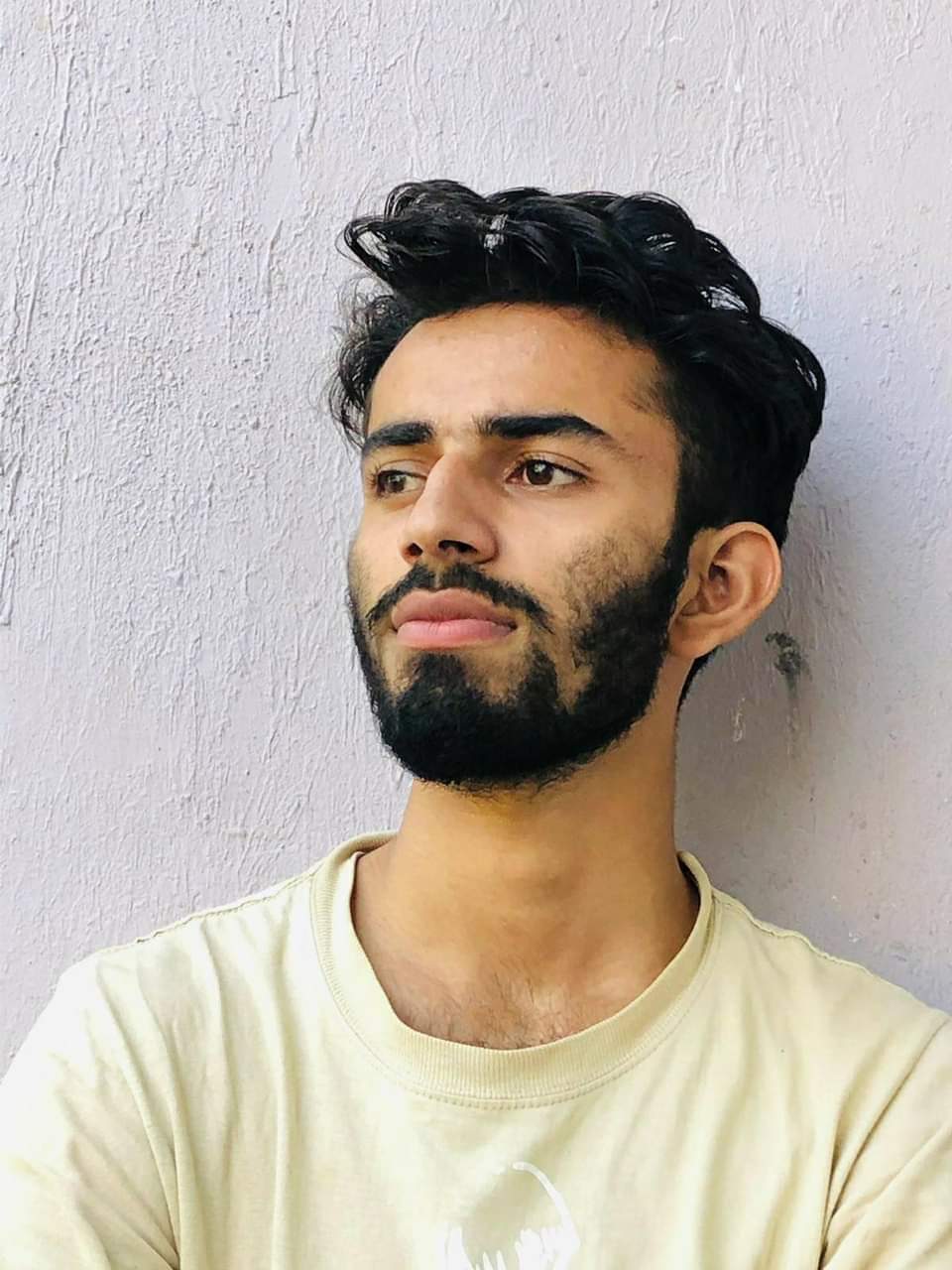Fiction Park
For the love of politics
When Mr Pandey spoke, even the street vendors would pause and stare as if his wisdom would resolve all of their problems.
Sugam Gautam
At the tea shop across Krishna Mandir, Mr Pandey was engrossed in a political conversation with the people he had never met before. All eyes were on him. There was something in his voice that drew everyone’s attention. When he spoke, even the street vendors would pause and stare as if Mr Pandey’s wisdom would resolve their every problem.
Mr Pandey, who turned 45 last week, considered himself a political commentator. People in power barely knew him, but he was a popular ‘political’ figure among the people of Krishna Tole. Between the conversation, when he raised his hand in protest and cleared his throat to speak. Even the tea-shop owner would put off his chore and listen to him attentively.
After expressing his opinion, he would wave his hand at the owner. The owner would understand that Mr Pandey wanted another cup of tea and make his special customer a special tea. What intrigued the owner was that Mr Pandey never complained about the taste of the tea. A few days back, the owner had accidentally mixed a little too much sugar in Mr Pandey’s tea, but Mr Pandey didn’t say anything. “Perhaps he was too engaged in the conversation,” thought the owner.
“These independent leaders are no different than the old ones,” Mr Pandey concluded and folded his arms across his chest. “People are sick of old leaders. New ones, at least, deserve a chance,” someone from the next table said.
“We will see if something happens. Do these new ones have any agendas? They are blank, believe me,” said a frustrated Mr Pandey. After making sure no one had anything to his last statement, Mr Pandey left the shop.
Upon reaching home, he noticed that his wife hadn’t fetched the newspaper from the gate. She was sitting in the garden, weaving a woolen sweater for their son who would come to Nepal in the winter.
Mr Pandey made sure he was close enough to his wife before staring at her furiously. He then promptly rushed inside his room without saying a word. Only then did his wife realize that she’d forgotten to bring the newspaper to his study room. Sometimes, Sakuntala wished that Mr Pandey could manage such small things on his own. In public, Mr Pandey always emphasized gender equality, but his actions suggested something else. At home, he never helped his wife with anything, not even with the easiest of chores. Whenever Sakuntala asked him to go to the market and fetch the groceries, he would always find an excuse, “I have to write.” This would seriously piss off Sakuntala, but she never expressed her frustration to her husband. Because she was a 'good wife'!
Every afternoon, Mr Pandey would sit on a chair with a diary and a pen in his hand. He always seemed immersed in thoughts, but Sakuntala couldn’t really tell if he was actually writing or just pretending to write. The only thing she knew was that his political columns were published frequently in the newspaper. But she had no interest in politics.
Mr Pandey, who was so talkative outside, preferred to stay calm and silent at home. If the spectators who often listened to Mr Pandey in the tea shop came to his house and observed him, they wouldn’t believe that Mr Pandey could be so quiet. Mr Pandey was a matter of enigma to his own wife—she could never predict his mood.
In the early days of their marriage, they used to be together wherever they went. Mr Pandey and Sakuntala would visit temples, watch films, or visit the newly opened restaurants in the town. In the mornings, Mr Pandey would force his wife to come along with him for a morning walk. She used to scrunch up her nose, either complaining of a headache or unwashed dishes in the sink from the previous night. But she would come with him anyway. Such was the intimacy between the two.
After Mr Pandey had started taking a keen interest in political affairs everything about his personality changed. It had affected his marriage too. He became involved with a circle that’s sole purpose was to blabber about the wrongdoings of the government. This constant engagement with the people interested in politics sparked his journey into becoming a writer who did nothing but criticize the government.
Mr Pandey had lost touch with his wife because nothing except politics intrigued him. These days, the couple only spoke about small things. One Sunday morning, when Mr Pandey was taking a bath, his wife knocked on the bathroom door and murmured something. Mr Pandey couldn’t make out what she was saying. He closed the tap and asked what the matter was.
“Someone has come to meet you,” she said.
“Who is it?”
“I don’t know. I have never seen him before,” she replied, eyeing the man standing in the garden.
“Tell him I’ll be there in a few minutes.”
Sakuntala went to the garden and asked the man to wait for a while. Despite his baldness, the man looked young—like he was in his thirties. The bulging stomach, well-ironed clothes, and a black handbag that the man held in his hand assured Sakuntala that he was someone important, perhaps a journalist or politician. She served him a glass of lukewarm water, and before he could take a sip from the glass, Mr Pandey emerged outside in the garden.
“Oh, Raghu ji! What a surprise! Pleased to see you here,” Mr Pandey greeted his visitor in an exciting tone. He even spread his arms open to hug the bald man. Sakuntala wondered how long it had been since he hugged her.
“Probably one of his silly political friends,” she thought to herself and walked away.
“Such a nice house you have Pandey Ji,” the bald man said.
“Thank you Raghu ji! It has been ages since we last met. If I’m not wrong, we last met at a book launching ceremony some three years back.”
“Exactly. But I’m here with a grand purpose today,” the bald man, fishing out some papers from his bag.
“Tell me, what brings you here? I’m always at your service,” Mr Pandey muttered.
“I will be straightforward, Pandey ji. We need your help,” the bald man said.
“What kind of help?”
“We are forming a new political party. And we are seeking visionaries like you. The country is drowning in the pit of problems, you can see. A new party with an organised structure and effective agenda is the requirement of the country at this moment. The party needs you. The country needs you,” the bald man said in one breath.
Mr Pandey was surprised by the bald man's hefty monologue. He‘d never considered a career in politics though it was the only thing he cared about. His mind started creating images: he was surrounded by thousands of people, the heavy garlands gracing his neck and people of every age chanting his name in admiration. “Not a bad idea,” he thought.
However, Pandey didn’t want to get carried away. He told the bald man, “Give me time to decide.”
“What’s there to think when it’s for a good cause?” the bald man said, smirking.
“I will mull over this, Raghu ji.”
On the inside, Mr Pandey was excited by the thought of entering into the political arena.
“But Pandey ji, before I leave, I must make a confession. We expect some contribution from you, of course. Monetary contribution,” said the bald man, his face carrying a forceful grin.
Mr Pandey didn’t respond to this statement. Instead, he ran his eyes through his garden stretched to the far end.




 9.15°C Kathmandu
9.15°C Kathmandu










